As esports have become more popular and serious, teams who once managed themselves started getting coaches to gain the extra edge.
Whether it be scouting the enemy, devising new strategies or keeping the team mentally strong, coaches have become an invaluable resource to any aspiring group of players.
A precursory Google search for “The Art of Coaching” will return over 457 million results. Some people swear by different leadership books – The Art of War is a favourite of many and a bible to others.
Everyone has their own unique way of doing their ‘art’, so there’s no perfect guidebook for coaching. Every team for every game has some kind of approach that works for them. Not only that, how each player absorbs the coaching differs.
Seetoh “JohnGalt” Jian Qing is one of Australia’s best. While he hails from Singapore, he has been at the forefront of instrumental change in the Australian Overwatch scene. Joining Dark Sided in Season 2 of Contenders Australia, he lead the team to their first grand finals berth.
Since then, he has taken many players and teams under his wing for one-on-one tutorials as he moves onto the the next stage in his career – the Overwatch League. Now an assistant coach at the Los Angeles Gladiators, he is one of the best in the business. I sat down with JohnGalt to pick his brains about his own ‘art of coaching’.
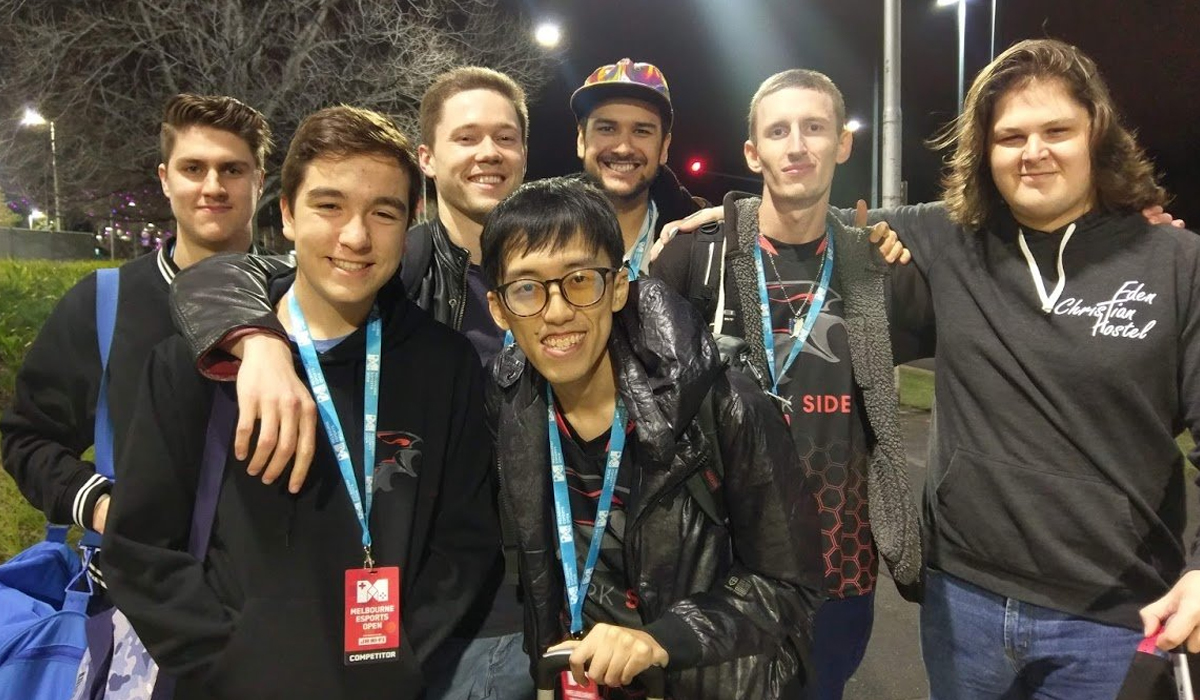
Thanks for taking time out to chat, JohnGalt. First of all, how did you get into coaching?
I started two years ago by helping out my friends in Overwatch. Most of them were Bronze and Silver, so I was making sure they could improve and having fun while they improved. It got them to Platinum, and I thoroughly enjoyed the experience. From there, I went on to coach my university team – Nanyang Technological University – and we had a lot of fun and came second in the country.
After that, I was invited to play with a couple of friends in Open Division Pacific so I coached them too and from there it went on to better Open Division teams, Pacific Contenders (Chaos Theory and Incipidence), Australian Contenders (Dark Sided) and finally Overwatch League.
How does the spacing between tournaments dictate how you coach? How do you deal with the downtime between events?
For most Contenders teams I know of – so Pacific and Australian teams – I know that people have different rigours of training. During Contenders, everyone is hitting four hours a day, five days a week.
However, during the off season, you have a lot more trials going on, a lot of players taking a break, so the amount of scrims you do drops to maybe three days a week. You get the chance to chill a little bit, reset, play a different game and work on your mindset.
Yuki said to me that in every Australian off-season there is the “Great Australian Switcheroo.” Teams that didn’t do so well or players looking for new opportunities will move teams and teams who are really good might lose their players to better teams in other regions or even within their own region. The off season gives a chance for these teams to reformat their roster and for players to settle into their new environments.
How hard is it to find a balance between reviewing past games to find flaws in strategies and playing scrims to innovate and polish new ones?
It’s something a lot of teams have trouble with. The issue with Contenders teams is that they have severe time restraints. They aren’t Overwatch League players – they don’t play the game for a living. They don’t have 12 hours a day to give like 7 hours to scrims and a few hours to VOD reviews.
“If you are going to scrim again and again, how are you going to improve? All you are doing is repeating your mistakes over and over and you’ll never be able to correct them.”
When you are a student, or you work a full time job, you only have 4-6 hours a night to practice. All the scrim blocks are two hours – no one scrims one hour blocks – so you could book two scrim blocks a night but then have no time to review all the mistakes you made so you make them over and over again.
If you have a four hour block and dedicate it to two hours review and two hours scrimming, now you have too much review time. There isn’t that much to review, and once VOD review goes past a certain time, you start having people who lose focus, and it’s not their fault because they’ve had to work all day.
Once you increase it to six hours of practice, you have a bit more of a balance because you can VOD review for an hour, scrim, another vod review and do another scrim. However, let’s face it, how many teams can dedicate six hours day after day – if you get home at 6pm and do this, you finish at midnight and that means you have literally no life outside that of Overwatch. It’s a sacrifice the Contenders teams have to make.
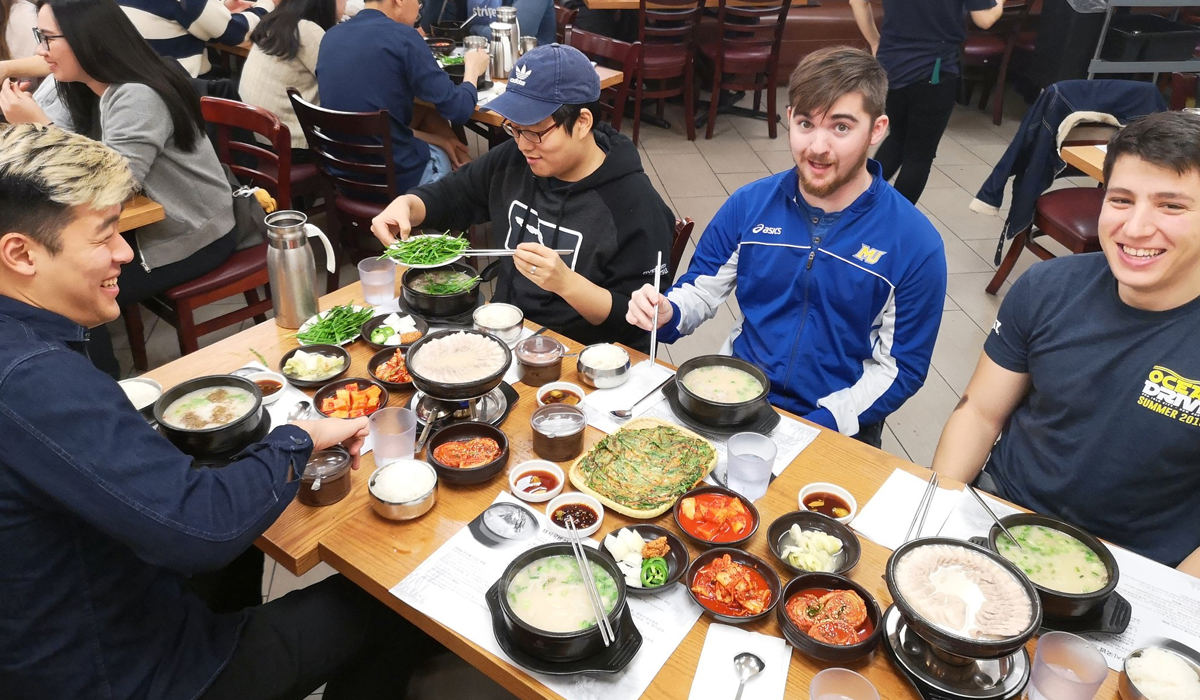
Do you think solo queue or team play is more conducive to learning and development? What are the benefits of both?
This is another thing coaches have to contend with too because players will always want to play by themselves or with mates in a non-team setting. However, in terms of improvement, scrims and team play are way better than anything else you have.
“Even in the beta of Overwatch, you had players like Taimou who spent very little time on ladder and all of their time in scrims because scrims are usually better than ladder.”
However, ladder does have an advantage in that it adds flexibility. When you queue up for ladder, you can choose to practice whatever you want and you can practice a variety of skill sets like communication or mechanics. You can either work with your solo queue team mates and coordinate them and while not advocating this, you can choose to shut off your mic and just work on clicking everyone’s heads.
It gives you flexibility in your schedule – maybe you have an hour between classes so you can play a game or two, or you aren’t scrimming that night so you can play around dinner and homework and whatnot. It’s not going to make your skill worse – it helps for derusting – but it’s really slow improvement, but not detrimental.
If you are below 4200 SR though, ladder will be very beneficial. To those players, mechanics is a big concern, so it becomes helpful to them. The higher ranked players already have the mechanics down pat along with some of the strategies, but you can only climb so high based off your aim or your game sense. You need to be able to have both, so ladder can help lower ranked players work on that.
As a coach, how much time do you spend scouting other leagues trying to find new strategies or possibly recruit new players?
What I have done in the last two years is try and watch every Contenders region and as many tournaments as I can and I like to take the notes on the regions. I’ll save all the matches and compositions onto this 5TB hard drive and I would categorise everything by region to see what everyone was playing and I would be able to choose what worked best. This helped me create compositions for all my teams.
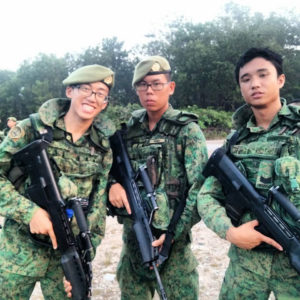
In Contenders, it’s a bit harder, because they already have habits and they mostly know all the compositions. I’m going to use Termo as an example – he is famous for his Pharah and Genji, but it would be a lot more difficult to force him to learn a different hero because the seasons are short, it’s time consuming to grind and it’s better to spend energy elsewhere.
Open Division is different, you can go tell them to get a hero to top 500 level in a couple of weeks and strategise for the long term. Contenders is a bit more rigid in that sense in terms of strategies.
What kind of player do you like to coach? What are some key attributes you look for?
The most important point is receptivity. There needs to be some sort of neutral trust between player and coach, they listen to you, they don’t interrupt you when you talk – I’m not saying it needs to be a “yes sir no sir” attitude, but it’s not conducive when players get overly defensive.
“It’s not hard to find players who are really good flexes, or really good meta players, but it’s hard to find someone who is both mechanically competent and really coachable at the same time.”
There’s often a balance to be found between coaches to players communication. That’s not to say players can’t come up with their own ideas – it’s vital for both parties to be receptive to ideas.
Being flexible is something that’s relatively rare – it’s also often easier to find someone with great mechanics over someone with good attitude/coachable. The old meta dictates that you have a player – usually DPS – who is more rigid, like the Tracer or Widowmaker metas of the past, and someone who can flex onto many other heroes.
The meta has changed to the point that flexibility is a far more desired virtue, but they of course still need to be willing to grind their way through with new characters.
Obviously you want to maintain a friendly relationship with the players you coach, while still holding some authority? How do you balance this?
For every team I had – especially my earlier ones in Singapore – we had a rule that every single time I was coaching them, every single time we were scrimming, that we would be serious and they would listen to strategies, to the coach, to each other and stay focused on the game. As soon as it was all done though, we could chill out, we could go out for a beer, anything and everything is fine because we are still friends.
It was like that with Dark Sided, we were good friends and that was important because this isn’t the military and I’m not your sergeant, but while we are practicing to make it to playoffs or focus on the next game it’s much more efficient to take it seriously. Outside of scrims though, we can have fun, laugh at stuff and joke around.
I think it helped a lot that I was in the military – I was a sergeant for two years as a part of national service. There is a lot of overlap between that and coaching – being a friend for my men, a mentor for them, and also being a commander at the same time. This experience shaped my coaching style.
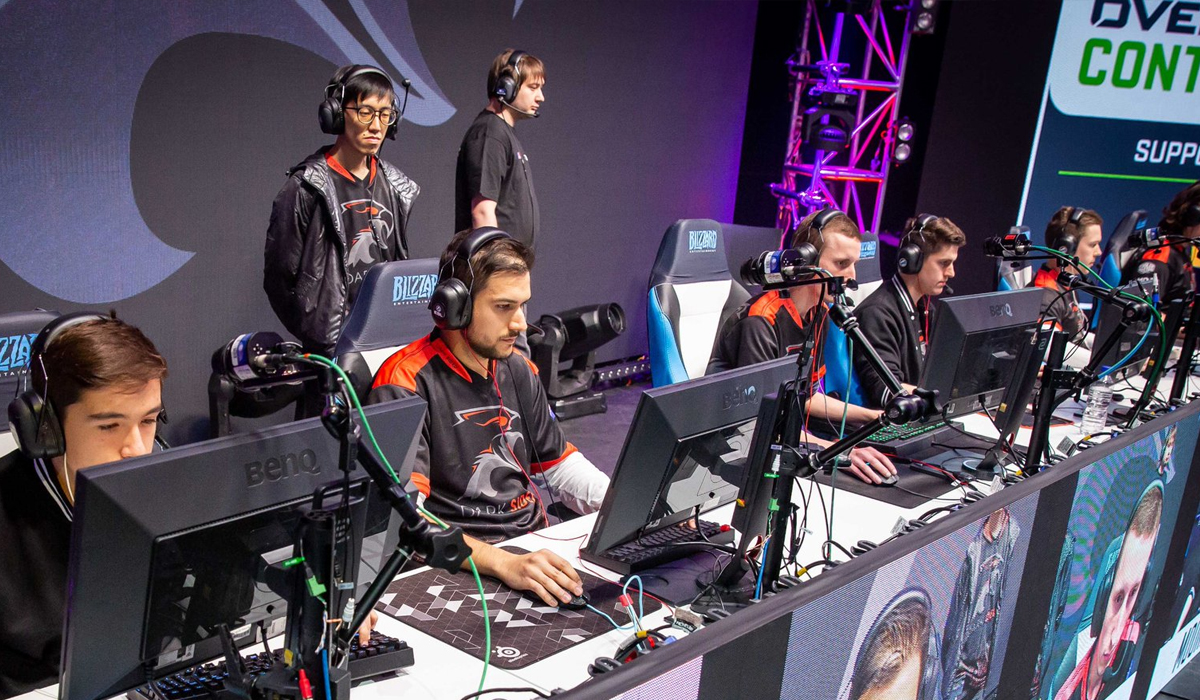
Moving onto the Overwatch League, how do you think your coaching style will adapt from players who are part-time semi-pros versus full-time professionals? What are you most excited about in terms of coaching in house?
The thing that comes to mind is that everything can be conveyed to the players immediately. Ongoing discussion is far more efficient because you get to see their reactions and adjust your tone and your words.
When coaching Contenders, most teams right now are playing remotely. You have this flow of information but it’s purely information. It’s your job as a coach to craft this flow for them to learn accordingly, but without being there next to them, it’s hard to actually convey information efficiently.
Something that was hard for me was to connect with players too. I was closer to some players and less close to others in some of the Contenders teams I coached. I regretted that, but there was no doing anything about it with scrims and reviews being online.
It’s also hard for the coaching staff when you do everything in Discord. Because we had to do everything online, it’s almost always best to segregate responsibilities and have less discussions. Discord is great but conceptual and gameplay discussion is always best done face to face.
“I think the Gladiators staff knows what each of our strengths are and I am confident we are one of the most balanced coaching staff in OWL right now.”
In Contenders Australia [with Dark Sided], when I could fly down LAN, I had a chance to do a small strategical briefing with the players and in half an hour, I could cover the same concepts that would have taken far longer to do online. Also, when the players start to drift away, I can see all this and adjust the briefing accordingly.
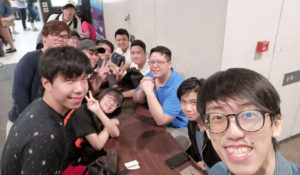
During the Grand Finals, it was also easier for me to get everyone to refocus when I could speak to them, rally them, even reach out and pat them on the shoulder, so for inhouse, what I am excited about is being able to put a face to everyone’s voice and support them in person as well.
The other OWL coaches already have a year of experience from Season 1. That’s one year of understanding what might have worked and what had failed – I don’t have that. OWL teams also tend to have more staff so coaching structures and delegation of responsibilities are going to be more obvious I think.
Dpei and Tim know that I am super curious and have a ton of questions about everything the Gladiators faced in Season 1. I want to know what they already know. Something I have to do is be able to reflect on my actions and learn quickly, that’s going to be paramount I think. How I coach and work with the staff in Week 2 should be different from Week 1.
Lastly, do you have any words for any aspiring coaches out there wanting to make it in the scene?
If you want to get into coaching, start with any Open Division team. It doesn’t matter what rank they are, you will always have something to learn as a coach and they’ll always take something from it.
If they are a Platinum or below team, you could choose to focus on character-specific mechanics, positioning, cool downs et cetera. When you move up to Masters and above team, maybe everyone can learn more about macro decisions and moving around the map as a unit and strategies – the game becomes more like Chess.
Regardless of which team you sit in with though, the most important thing to do is just sit in and start coaching. If you start with a lower level team because no higher level team wants you, you can use that experience to climb up the coaching rung. Once players can see the results you are making with your previous teams, and you build up a portfolio that’s when you’ll progress from Open Division to Contenders and maybe the sky is the limit and you’ll move to the Overwatch League.
Thanks so much for taking time out to chat, and good luck for Season 2!
JohnGalt will be helping lead the Gladiators in Season 2 of the Overwatch League. The team’s first match will be up against Seoul Dynasty on February 15 at 2pm AEDT.
You can follow JohnGalt and the Los Angeles Gladiators on Twitter.

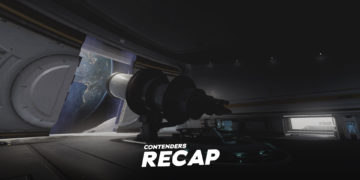
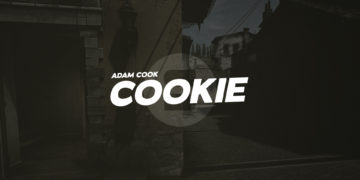
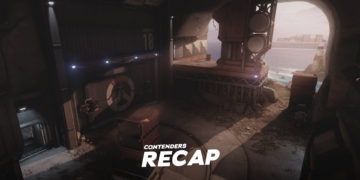
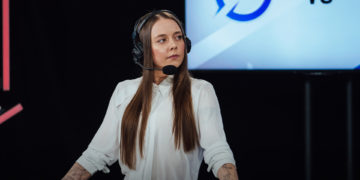
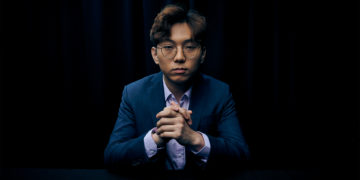
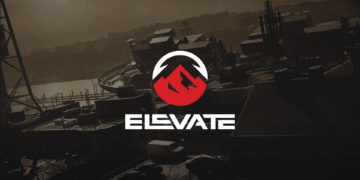
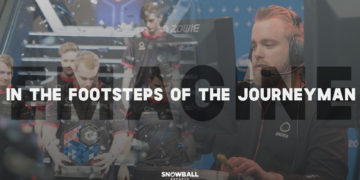
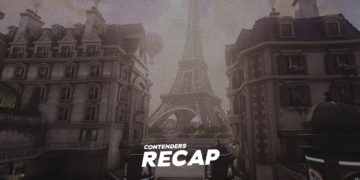
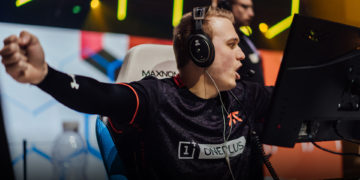
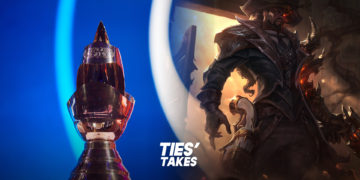
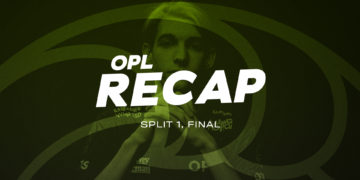
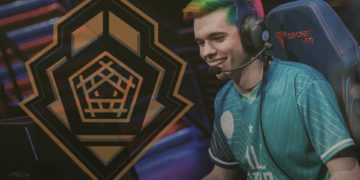
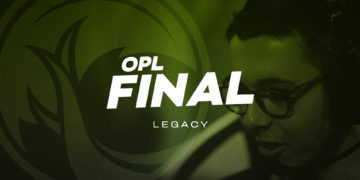
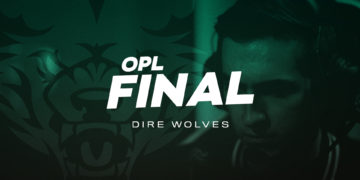
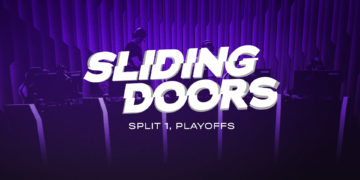
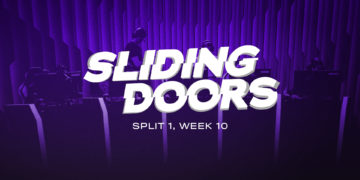
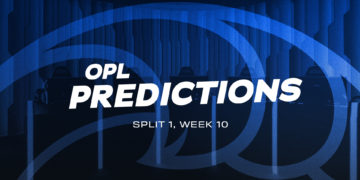
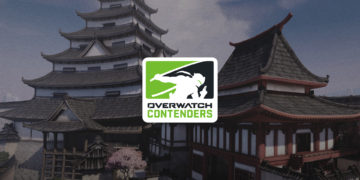
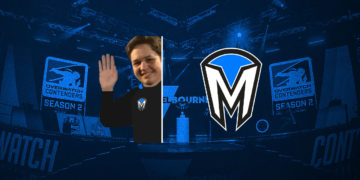
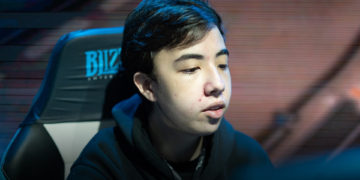
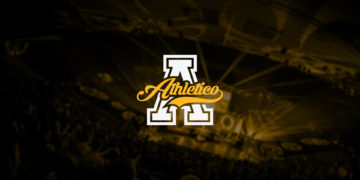
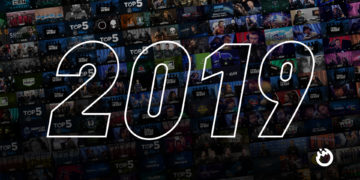
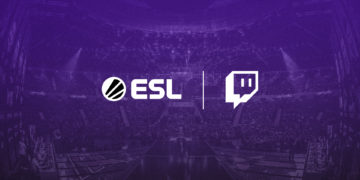
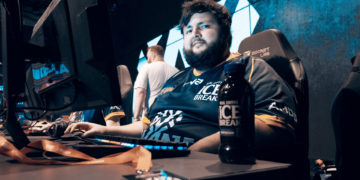
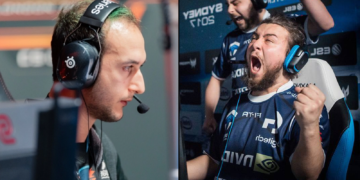
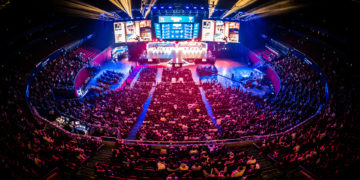
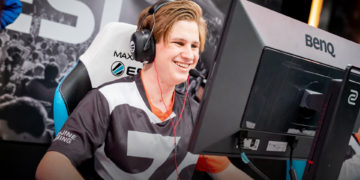
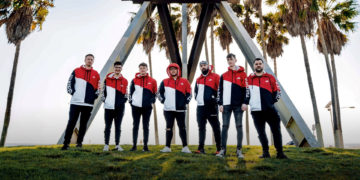
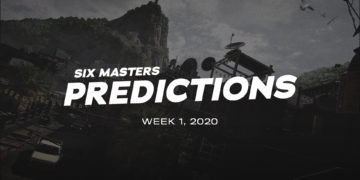
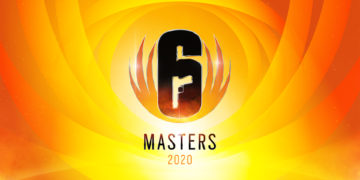
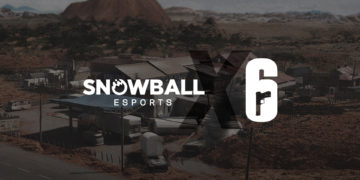
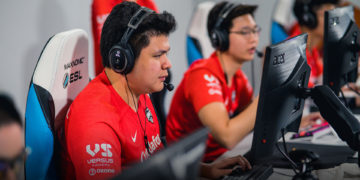
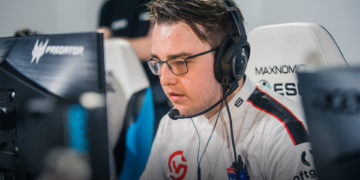
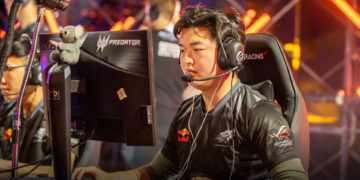
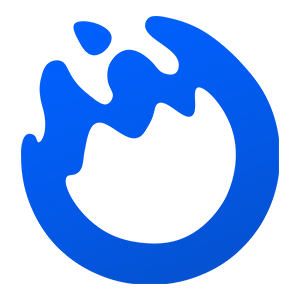
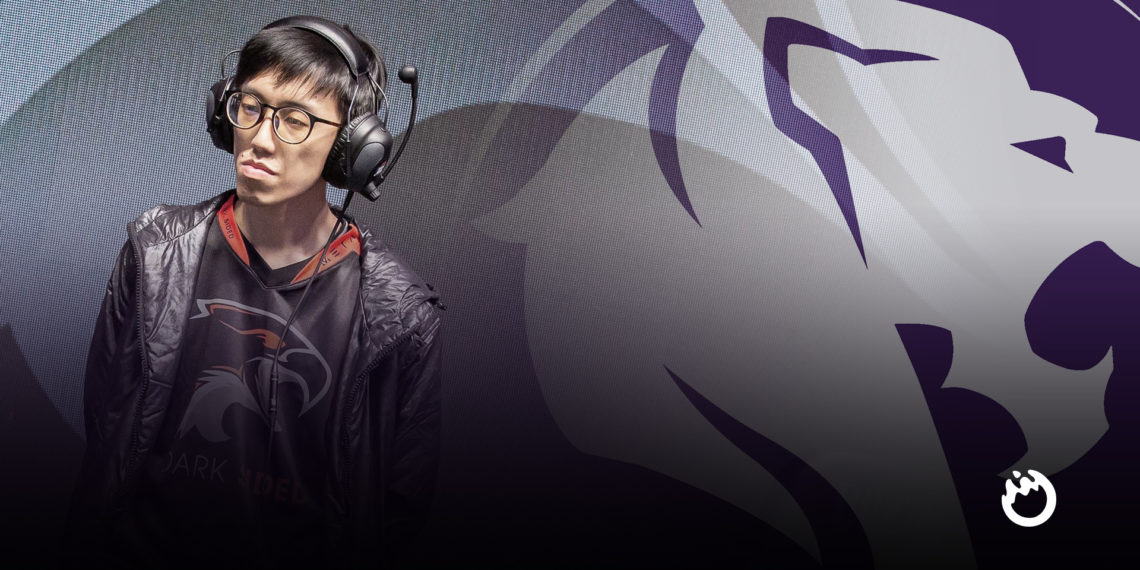
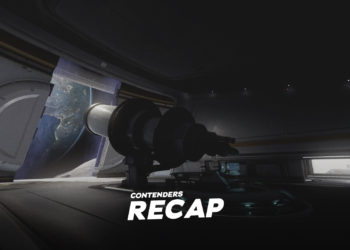
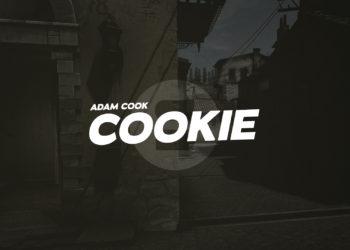
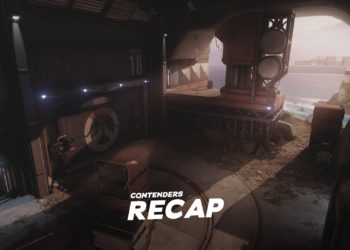
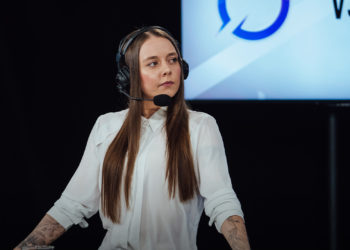

![Snowball Esports [Legacy]](https://legacy.snowballesports.com/wp-content/uploads/2019/03/sb-site-botlogo.png)